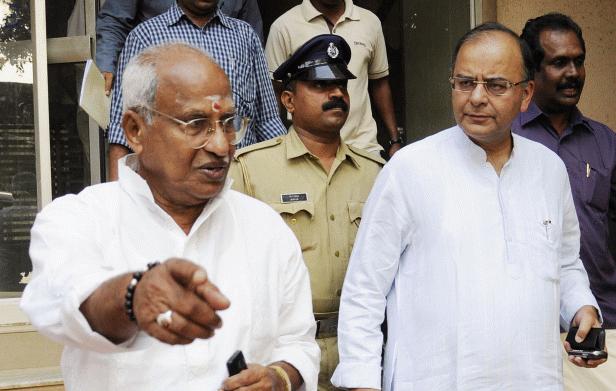
Thiruvananthapuram, October 6: An article in the Sangh Parivar publication ‘Kesari’ advocating alliance between the CPI(M) and Sangh Parivar organisations have given rise to the speculation that the RSS is trying to build bridges with the CPI (M).
The article written by T. G. Mohandas says there would be electoral advantage in an alliance between the BJP and CPI (M). It is time that the two parties broke the shackles of the past and cooperated with one another.
The weekly has invited responses from readers to what it describes as an open debate.
The article maintains that clashes between the CPI(M) and the RSS had more or less ended and the two organisations were cooperating on certain fronts. There was little basis for beliefs that atheists had no place in the RSS and that believers had no place in the CPI (M).
The author advocates that the differences between the two organisations over nationhood of India could be left to academic debate. Concepts such as class struggle are now nothing more than fuel for thought. None are attacking the Indian capitalists when multinational are establishing monopolies in the country. Besides, the CPI (M) has turned into an organisation of both the workers and their employers.
He adds that the CPI (M) is not helping Muslim fundamentalists though it had a purely electoral understanding with PDP. It has taken strong stands against religious fundamentalism of minorities. The branding that the RSS was communal did not stick as RSS had no history of attacking any Christian or Muslim merely for their beliefs. It had opposed only stands taken by some of their organisations or churches. So, there is little reason for the CPI (M) to consider the RSS as communal in the name of an incident that had happened in Gujarat 10 years ago.





Comments
Add new comment